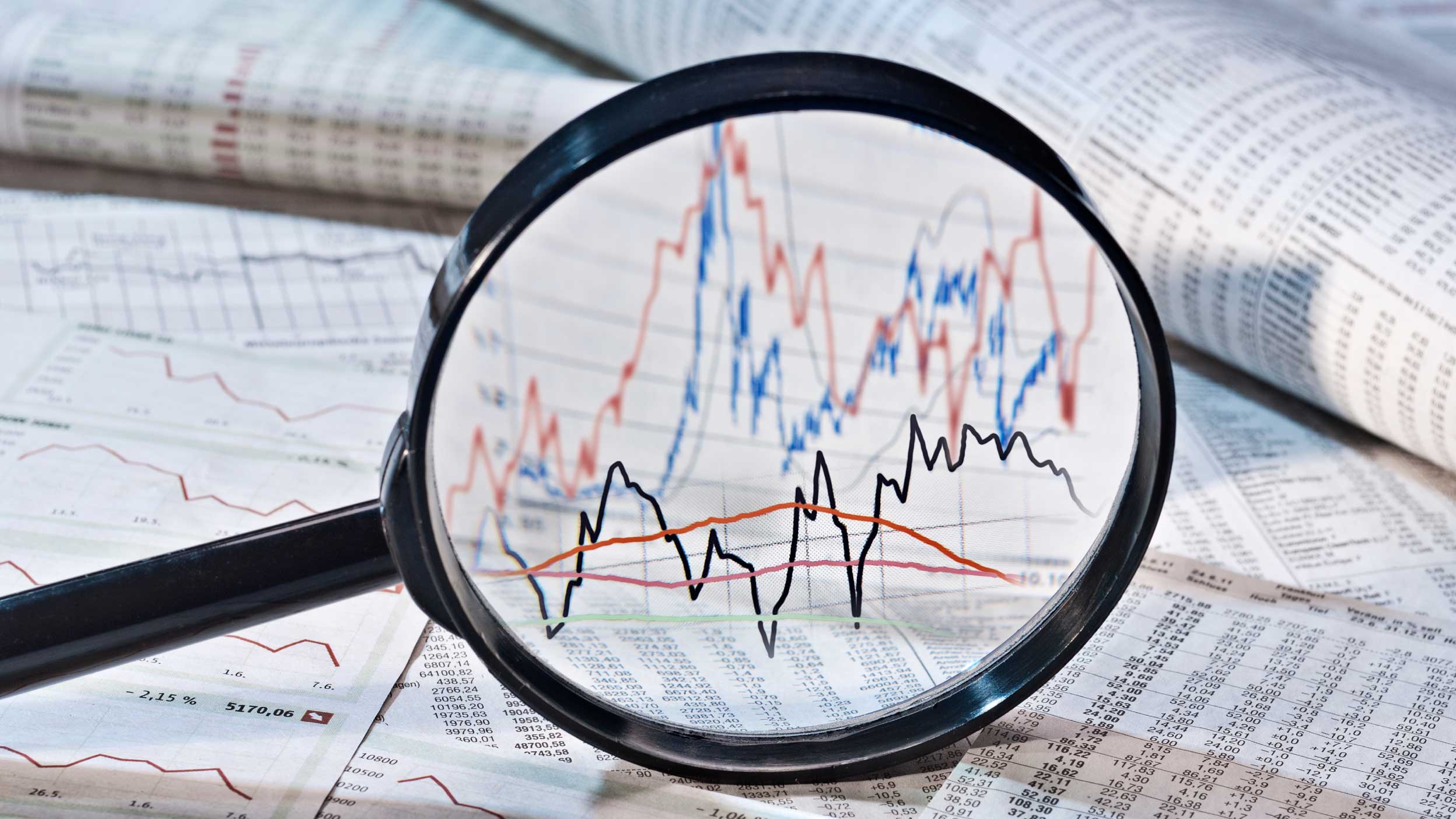Today, technology has disrupted just about everything. This includes what many consider the fuel that drives much of the world’s productivity. We speak of course of coffee, the centuries-old beverage enjoyed in homes, workplaces, and restaurants. The stories we explore here demonstrate how innovation has transformed the way three companies produce, market, and distribute this beverage.
The following examples illustrate how even non-tech companies in the index are leveraging cutting-edge technology, such as e-commerce initiatives, data science and artificial intelligence (AI) as part of their growth and development strategies. Both Invesco and Nasdaq have long been associated with innovation and you can gain access to these innovative leaders through our Invesco Nasdaq UCITS ETFs.
Promoting personalisation, loyalty, and product innovations
Starbucks is a global roaster, marketer, and retailer of specialty coffee. It has made substantial investments in digital capabilities, to strengthen its connection to customers through personalised experiences and offers. This helps to provide valuable insights to further define the customer experience. Here are some ways Starbucks is using technology to transform its business:
Greater personalisation and efficiency
The idea behind this is to use technology to improve customer experience, as well as helping baristas to work more efficiently.1 Optimisations include:
- Dedicated pickup lines for mobile orders
- A more personalised drive-thru experience, that recognises Starbucks Rewards customers and offers recommendations based on their order histories
- Improved timing algorithms to create more accurate wait times on mobile orders
- Payment options that don’t require a credit card or Starbucks app2
Employing cutting-edge technology to drive loyalty
At the end of 2022, it began beta testing an extension of its loyalty program, which is built on blockchain technology (the code that powers cryptocurrencies).3 The program allows members to earn coffee-themed non-fungible tokens (NFTs - unique digital assets built using blockchain technology) that translate to real-world experiences.
Crafting product breakthroughs
Cold-brew coffees and other customisations have grown in popularity among the coffee-drinking population in recent years. It’s quite a labour-intensive process though, taking up to 20 hours to produce. To combat this, Starbucks developed Cold Pressed Technology, which, through low-pressure immersion technique, can now produce cold brew on demand in just seconds.
Creating a smarter and more sustainable cup of joe
Keurig Dr Pepper Inc. is a manufacturer and distributor of non-alcoholic beverages, with a product portfolio spanning coffee, carbonated soft drinks, ready-to-drink tea, water, juices, juice drinks and mixers. Keurig is probably best known for its single-serve coffee brewing system. What’s less apparent is the embedded software, connectivity and data science that drives its operation.
Smart appliance applications
Keurig’s connected technology solution is based on a cloud-computing platform.5 The company’s smart brewers allow users to start their machine from a mobile app or home assistance device like Alexa or Google Home. Keurig’s BrewID™ technology lets customers activate and customise their coffee brews for a broad range of K-Cup® pods, based on optimal brew settings recommended by the roaster.
These smart appliances not only enhance the customer experience, but they also benefit the company. Through creating a platform by which information is constantly shared, they make continuous improvements for brew settings and brewers. Allowing for more efficient decision-making on product development.
Personalised inventory management and recommendations
Keurig’s SMART Auto-Delivery uses BrewID to track pod use and automatically reorder inventory, so customers have the right number of pods on hand. They can also use the Keurig app for suggestions on new coffee varieties to try, as well as tap into a library of recipes for coffeehouse drinks.6
A focus on green initiatives
Sustainability is a key focus for the company. Keurig Dr Pepper was an early partner with a company that uses AI and robotics to recover commodities reclaimed as raw materials for the global supply chain.7 Keurig Dr Pepper’s conversion of its coffee pods to polypropylene, a sought-after plastic for recycled materials, allowed the companies to work together to equip the robotics systems to properly identify and sort K-Cup pods in recycling facilities.
Building a collaboration fuelled by innovation
PepsiCo is the largest food and beverage company in North America and one of the 10 largest companies in the Nasdaq-100. PepsiCo and coffee retailer Starbucks have partnered to combine Starbucks’ coffee expertise and sourcing, with PepsiCo’s expertise in producing and marketing beverages for retail shoppers around the world.
Central to PepsiCo’s manufacturing, marketing, operational, distribution and service expertise is a company-wide reliance on AI, data analytics and cloud computing technologies. PepsiCo uses innovation to drive data analytics, investments in cutting-edge startups and 3D printing with the goal of creating greater efficiency. These efforts extend to its ongoing relationship with Starbucks.
A partnership of innovators
Through a joint venture with Starbucks, PepsiCo produces and provides marketing, sales, supply chain management and operations for Starbucks bottled and canned ready-to-drink products. Starbucks and PepsiCo conduct these operations through a separate company, the North American Coffee Partnership (NACP), which utilises the innovation resources of both companies.
A commitment to new product development – The NACP - has worked to create new ready-to-drink beverages that include a juice-based energy drink that extracts caffeine from coffee beans, plant-based drinks such as Frappuccino flavoured with oat milk, and new products like on-tap boxed beverages that can be dispensed using a draft dispensing system.8
Creating for the future
These innovations underline how technological innovation is being leveraged in, and benefitting companies outside of, the traditional tech sector. Their experience also highlights some broad lessons on the critical role of technology across the entire consumer and retail realm:
Combining traditional shopping methods with virtual interactions and greater personalisation is being driven using data analytics – creating better customer experiences. Customisable and flexible payment options are another customer benefit facilitated through technological advance.
For the companies highlighted, data applications can also gather valuable information on customer behaviour and preferences which in turn can be used to build personalised products and services. The importance of better supply chain management took precedence during the pandemic. Applications developed then continue to play a critical role in allowing companies to operate more efficient supply lines, inventory management, costs, and labour.
Going forward, technology will continue to influence how companies innovate and operate across all industries. We believe investment and innovation go hand-in-hand and our Nasdaq ETF strategies provide exposure to innovative companies across multiple sectors — all in one investment.








